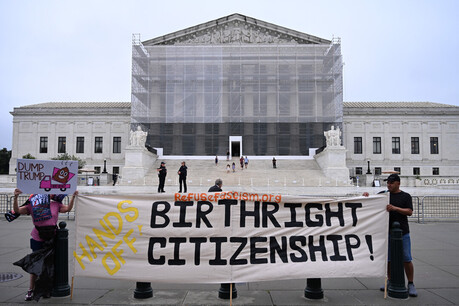
Seoul, South Korea – Deepfake technology, once seen as a harmless digital novelty, has rapidly evolved into a potent tool for perpetrating heinous crimes, particularly sexual abuse. The widespread misuse of this technology prompted South Korea to significantly overhaul its legal framework to address the growing threat.
Prior to 2020, the country lacked specific laws to effectively combat deepfake-related crimes. Existing statutes, such as those governing sexual assault and information and communications networks, were often inadequate to prosecute offenders. However, the shocking revelations of the Nth Room case, a major sex crime scandal, catalyzed a swift and decisive response from lawmakers.
In the wake of the Nth Room case, South Korea enacted a series of legislative reforms in 2020. These reforms expanded the definition of illegal sexual content to include deepfakes and imposed harsher penalties for the creation, possession, and distribution of such materials. Notably, the new laws eliminated the requirement to prove the offender's intent to distribute the deepfake content, making it easier to secure convictions.
For crimes involving child sexual abuse, the penalties are even more severe, with perpetrators facing life imprisonment or a minimum of five years in prison. Additionally, those who profit from the distribution or advertising of deepfake child sexual abuse material can expect even harsher sentences.
Beyond criminal penalties, South Korea has also invested in victim support services. The government has established a nationwide network of support centers to provide counseling, legal aid, and other assistance to victims of deepfake-related crimes. These centers play a crucial role in helping victims recover and rebuild their lives.
While significant progress has been made, challenges remain. The rapid pace of technological advancement continues to outpace the law, making it difficult to stay ahead of emerging threats. Moreover, the transnational nature of deepfake-related crimes poses challenges for law enforcement.
Experts warn that the fight against deepfakes is far from over. As deepfake technology becomes increasingly sophisticated, it is essential for governments to remain vigilant and adapt their laws accordingly. Additionally, there is a need for continued efforts to raise public awareness about the dangers of deepfakes and to promote a more ethical use of technology.
[Copyright (c) Global Economic Times. All Rights Reserved.]





























